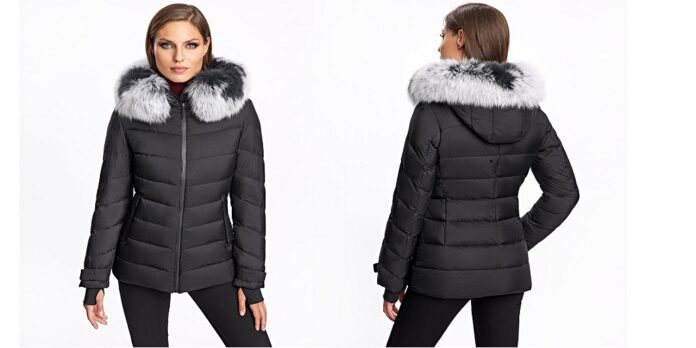Wealth. Luxury. Haute Couture.
These are the words that define anyone who walks around wearing Maximilian furs.
Established in 1942, Maximilian furs have been around for ages, gracing the high-fashion streets of New York to Paris, notable celebrities and powerful women in the likes of Nancy Reagan, Jacqueline Kennedy Onassis, Claude Pompidou, Diana Ross, and Sophia Loren.The level of craftsmanship that has made Maximilian furs ultimately popular in representing all things money and power under the guise of a garment is spectacular in the sense that it actually is an undeniable status symbol.
It is not just about the price tag. Although most people find the price of real furs ridiculous without taking into account all the hours of skilled work that have been perfected over generations required to produce it. As a matter of fact, investing in a quality fur coat means more to the environment than anyone would ever think. It is important to remember that Maximilian and other brands that use real animal furs are actually producing sustainable fashion products that are long-lasting and biodegradable.
The Controversial Truth
These are actually the top 5 reasons why people should use real Maximilian furs rather than faux furs.
●Biodegradable
●Sustainable
●Long-lasting
●Environment-friendly
●Safe
While the topic of using real furs is quite controversial and many people have been wanting to end the fur trade for decades saying how humans should not be using any form of animal products, is totally different from the views the fur trade has. As everyone should realize, people have always used animals for food and warmth since time immemorial.
The opposing side has been saying how cruel to animals the fur trade has been, what with the circulating rumors that animals are tortured and skinned alive in this business. This is ultimately unreal. However, the fur trade is actually one of the most regulated industries with stringent regulations. Killing methods that involve torture and skinning alive never takes place in the regulated fur trade.
Potential Family Heirloom
Faux fur is argued as a good alternative for real ones in animal rights debates. Real furs are sustainable and environmentally friendly. The byword in the fashion industry is the word sustainable. Making faux fur involves making a petrochemical product that is not biodegradable.
Like all materials used in fashion, fur dressing requires chemicals that are regulated and declared safe for the environment and human health. This process recycles natural resources as much as possible. Handling resources sustainably helps to bring down pollution and minimize the environmental impact. And since real furs are also biodegradable and could last for generations, many even use fur garments as a family heirloom, unlike fake ones that could potentially end up in the landfills of the earth.
Creating Jobs
The fur trade points to the millions of jobs it creates often in rural communities where jobs are in short supply, the skills the artisans needed for manufacturing, and the fact that millions of people want to buy fur and wear fur. Fur trade or farms employ vets, auditors, feed suppliers to waste disposal experts as well as farmers and laborers themselves. These people are in touch with nature with fur being a part of their culture and humble lives.
When the fur is sold in the six big auctions around the world, more jobs are created. The skins are sorted, traded, and transported to buyers in different parts of the world. The dressing and dyeing process also creates more employment.
When we begin to think of our clothing choices as part of a closed-loop system—one where the end of a garment’s life contributes to the growth of a new garment—we are that much closer to eradicating the damage fashion wreaks on the planet.
Maximilian has all the great stuff—fur speaking. From jackets to coats or even hats! If you have any questions about the products or even about design, you can always give Maximilian a call at 1-800-TLC-FURS or email questions at [email protected]


